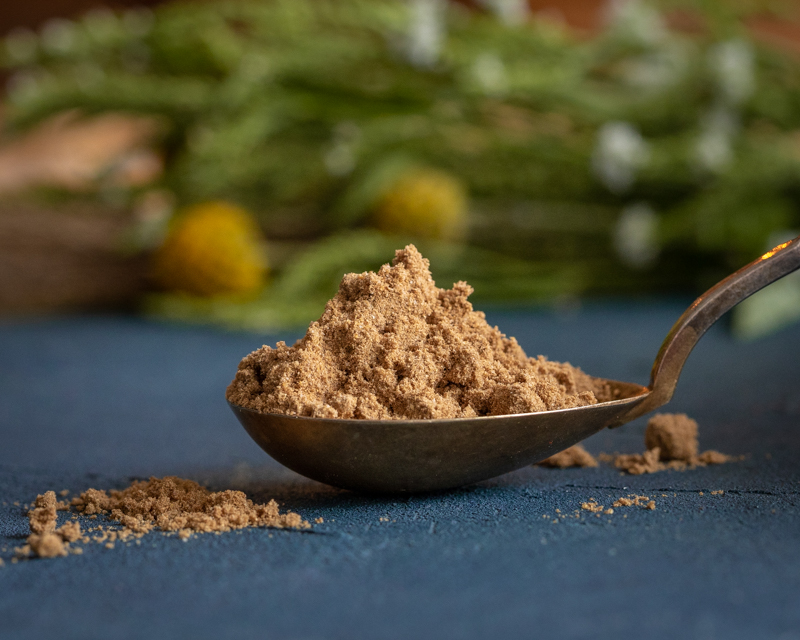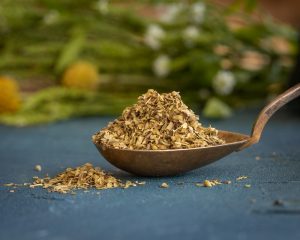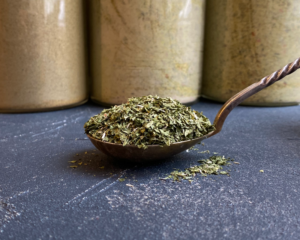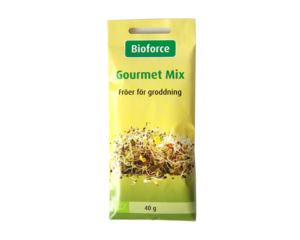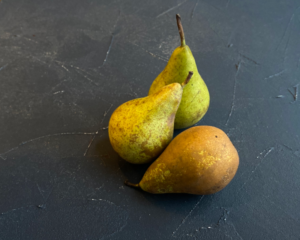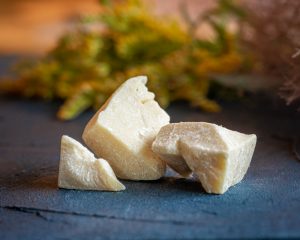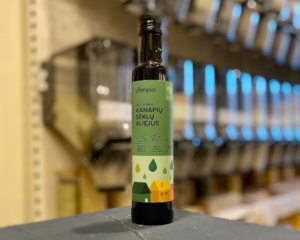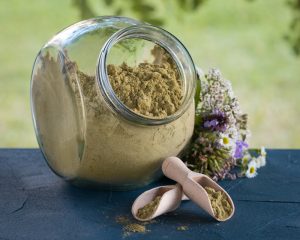Organic ground coriander RAW
From 1.75€
Organic ground coriander RAW
Despite its worldwide popularity as a culinary spice, coriander can be one of the most underrated herbs. Coriander is thought to have originated in the Middle East and the Mediterranean but can be found in regional cuisines around the world. Coriander is a member of the Umbelliferae (Apiaceae) plant family, with a slender stem and beautiful white or pale pink flowers, and all its parts are edible (young leaves and mature seeds). The plant itself is wonderfully tender, with a bright, rustic spring flavour. It is also known as Chinese parsley and dhanyaka means “rich” in Sanskrit.
Although coriander grows all over the world, it doesn’t really like the heat. It is an annual plant with a relatively short growing season, as it prefers cooler temperatures in spring and autumn. In light, well-drained soil in full sun, the plant will self-sow and resprout the following spring.
Benefits and uses of coriander:
Historically and traditionally, coriander has been used to relieve digestive ailments. It is used in Ayurveda as a medicinal plant. Energetically, coriander is considered to be both a warming and cooling herb in Ayurvedic terms, depending on the part of the plant used. The leaves are said to be cooling and can be used to make juice or broth to soothe mild skin irritations, while the seeds are slightly warming, which can aid digestion, absorb nutrients and eliminate toxins.
Although coriander is mostly known for its strong affinity and digestive benefits, it can also be beneficial for the urinary tract and lungs, helping to remove heat and consequent mucus.
Ground coriander seeds are highly prized in stews and sauces because they thicken well thanks to their fertile husk. Coriander is appreciated by those who cannot eat spicy food. It harmonises and flavours many dishes. It is used in pizzas, pulses, soups, sauces and stews, as well as in pickling. Ground coriander is usually added to food at the end of cooking.
NB!
The information provided here should not be interpreted as a recommendation for treatment or other types of health problems.
We recommend that you make personal health decisions after evaluating various sources of information.
100% organic coriander
-
Store in a dry and cool place.

